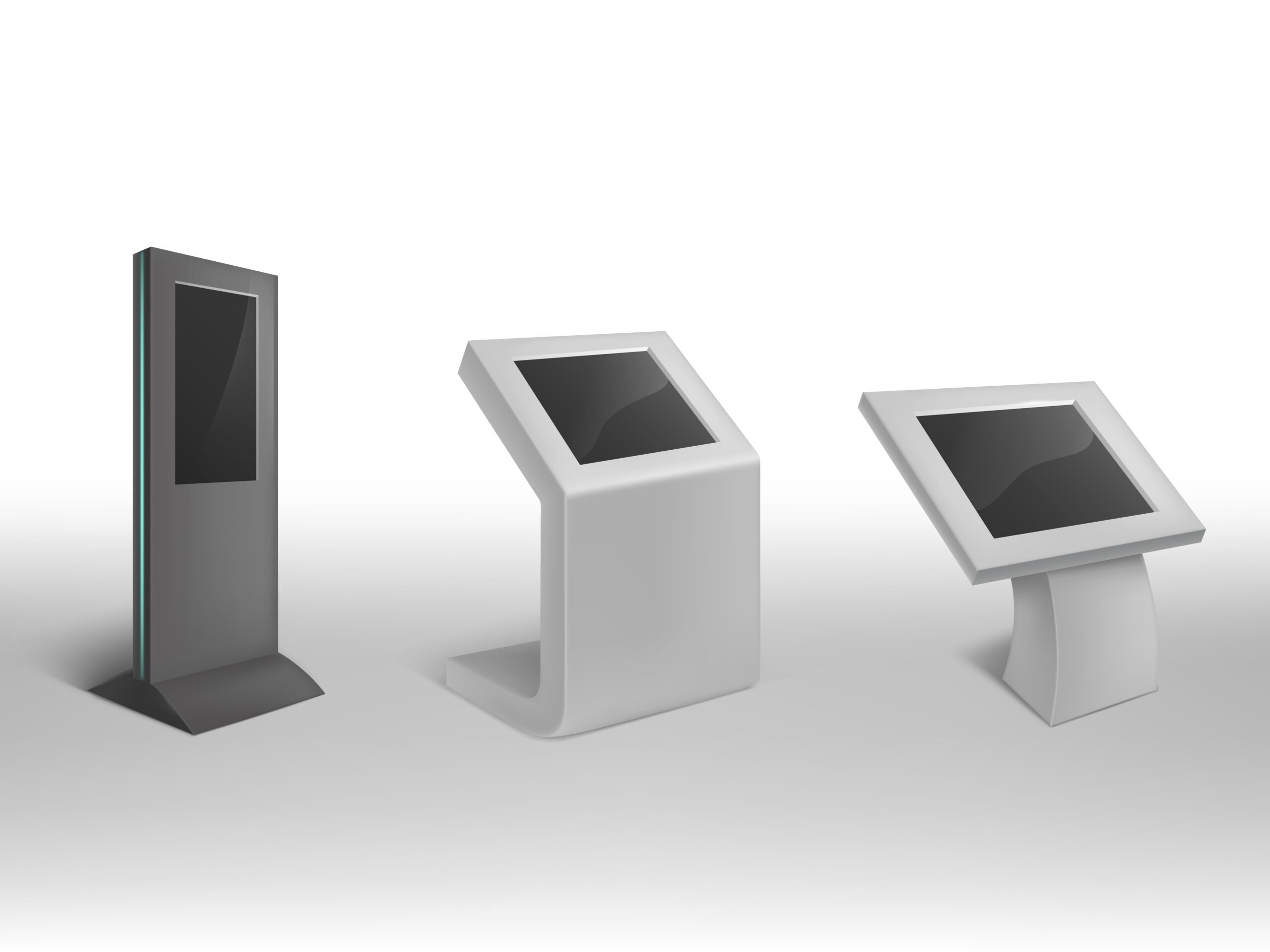
Digital Kiosk play a significant role in smart city infrastructure by providing a range of services that improve connectivity, accessibility, and overall urban experience. Here are some key ways digital kiosks contribute to smart cities:
1. Enhanced Public Services
Digital kiosks offer a convenient and accessible platform for citizens to access public services. From paying bills and fines to obtaining permits and licenses, these kiosks streamline various administrative processes, reducing the need for physical visits to government offices. This not only saves time for residents but also alleviates the burden on public institutions.
2. Real-Time Information
In a smart city, the availability of real-time information is essential for efficient urban living. Digital kiosks provide residents and visitors with up-to-date information on public transportation schedules, traffic conditions, weather updates, and local events. This real-time data empowers individuals to make informed decisions and navigate the city more effectively.
3. Interactive Wayfinding
Navigating a bustling urban environment can be challenging, especially for tourists and newcomers. Digital kiosks equipped with interactive maps and wayfinding features help users locate points of interest, public facilities, and businesses with ease. This enhanced navigation support contributes to a more user-friendly and welcoming city experience.
4. Community Engagement
Digital kiosks serve as a platform for community engagement by displaying local news, announcements, and public service messages. They can also be used to gather feedback from residents through surveys and polls, fostering a sense of involvement and participation in the city’s development. This two-way communication channel strengthens the bond between citizens and local authorities.
5. Advertising and Revenue Generation
Digital kiosks provide a modern advertising medium for local businesses and organizations. With dynamic and visually appealing displays, kiosks attract attention and deliver targeted advertisements to specific demographics. This not only promotes local commerce but also generates additional revenue for the city, which can be reinvested in public services and infrastructure.
6. Emergency Communication
In times of crisis or emergency, digital kiosks play a vital role in disseminating critical information quickly and efficiently. They can broadcast emergency alerts, evacuation routes, and safety instructions to ensure public safety. This rapid communication capability is essential for managing emergencies and minimizing potential risks.
7. Accessibility and Inclusivity
Smart cities aim to be inclusive and accessible to all residents, including those with disabilities. Digital kiosks are designed with accessibility features such as audio assistance, braille keypads, and multilingual support, ensuring that everyone can benefit from the services they provide. This commitment to inclusivity enhances the overall quality of life for all citizens.
Conclusion
Digital kiosks are a cornerstone of smart city initiatives, offering a wide range of benefits that enhance urban living. By providing real-time information, improving public services, facilitating community engagement, and ensuring accessibility, these devices contribute to the creation of more efficient, connected, and inclusive cities. As technology continues to advance, the role of digital kiosks in smart cities will undoubtedly expand, driving further innovation and improvement in urban environments.
I hope you find this article insightful! If you need further assistance, feel free to let me know.







